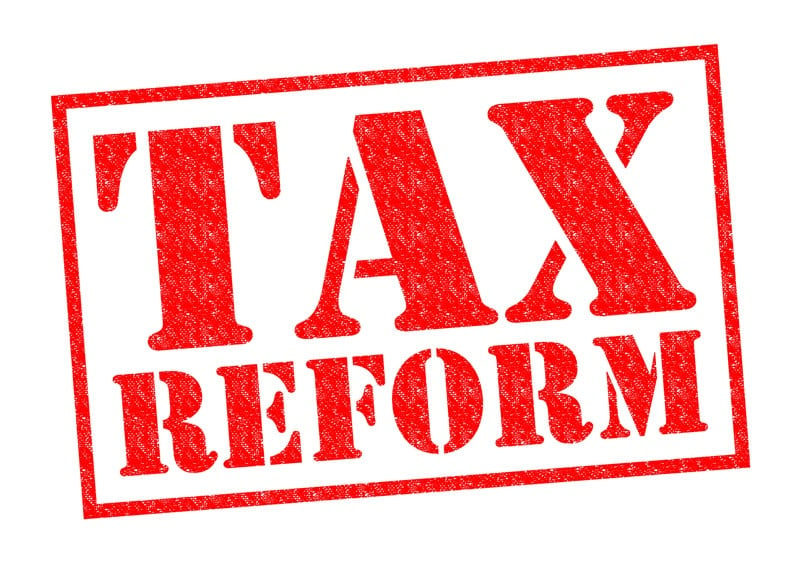Tax Reform Update
 Tax Reform Update
Tax Reform Update
February 6, 2017: Now that the White House and both chambers of Congress are controlled by the same party it appears certain that there will be some form of Tax Reform in 2017. As part of our effort to keep our clients and friends fully informed we are committed to providing these weekly updates on the status of Tax Reform 2017. We hope you find this information to be timely and helpful.
Speaker of the House Paul Ryan indicated that tax reform would be part of the spring budgetary process. Speaker Ryan, also, indicated the repeal of the Affordable Care Act would need to be dealt with before tax reform could be considered.
Senate Finance Chair, Orrin Hatch, indicated the Senate will work through its own process on tax reform. While not opposing a bill originating with the House Ways & Means Committee, Senator Hatch anticipated a Senate tax reform process that would look different from the bill coming from the House of Representatives. Hatch further went on to explain he preferred a bipartisan path forward. The Senator believed that approach has moved best, historically.
At this point in the process the most controversial portion of the Republican tax reform proposal seems to be the border adjustment portion. The border adjustment would exclude exports from US tax base and presumably taxable income. No tax deductions are allowed for the cost of imported goods. Cost incurred in the US would still be deductible. Some foreign observers have indicated the border adjustment would be in violation of the World Trade Organization (WTO) leading to possible penalties or retaliation. Domestically, retailers that stand to be disproportionately impacted by the border adjustment are sure to make their case through their lobbying organizations.
Ways and Means Chairman Kevin Brady believes possible objection by the WTO can be overcome by transformation to a cash flow tax. Chairmen Brady believe the border adjustment provisions will provide a more pro-growth environment than the value-added tax commonly used in Europe. Further the border adjustment system would even the playing field by removing the tax disadvantages to US producers and exporters.
Senate Republican Whip John Cornyn encouraged Senate hearings on border adjustments. He indicated there is scholarly disagreement on the ultimate impact of border adjustability. The fact that there was not consensus in this area worries the Senator. President Trump appears to believe the border adjustment is too complicated and originally preferred a tariff on imports.
While no one knows for sure how tax reform will play out, planning is essential. Communication with your Herbein advisors will put you on the path to “Succeed With Confidence” no matter the outcome.
For additional information, contact the author, Chuck Bezler at cabezler@herbein.com.